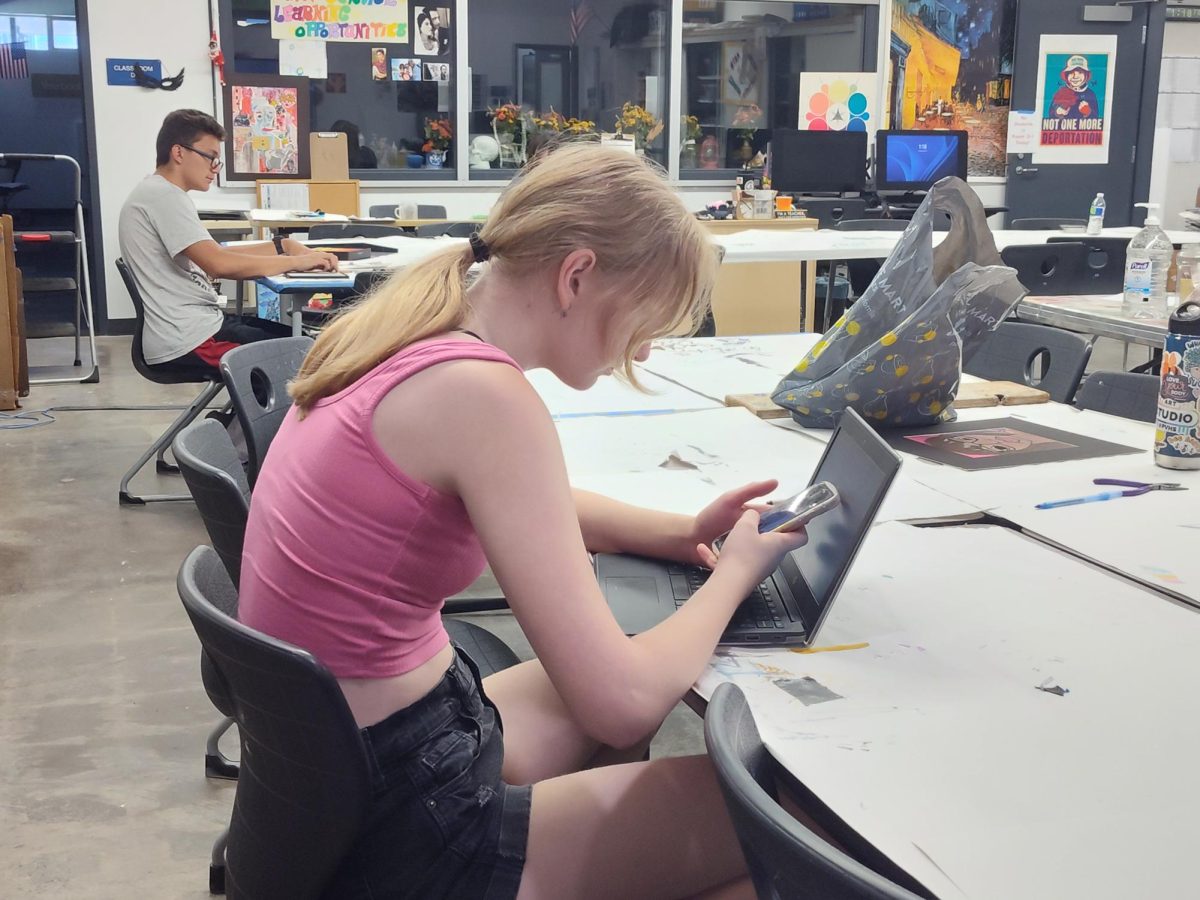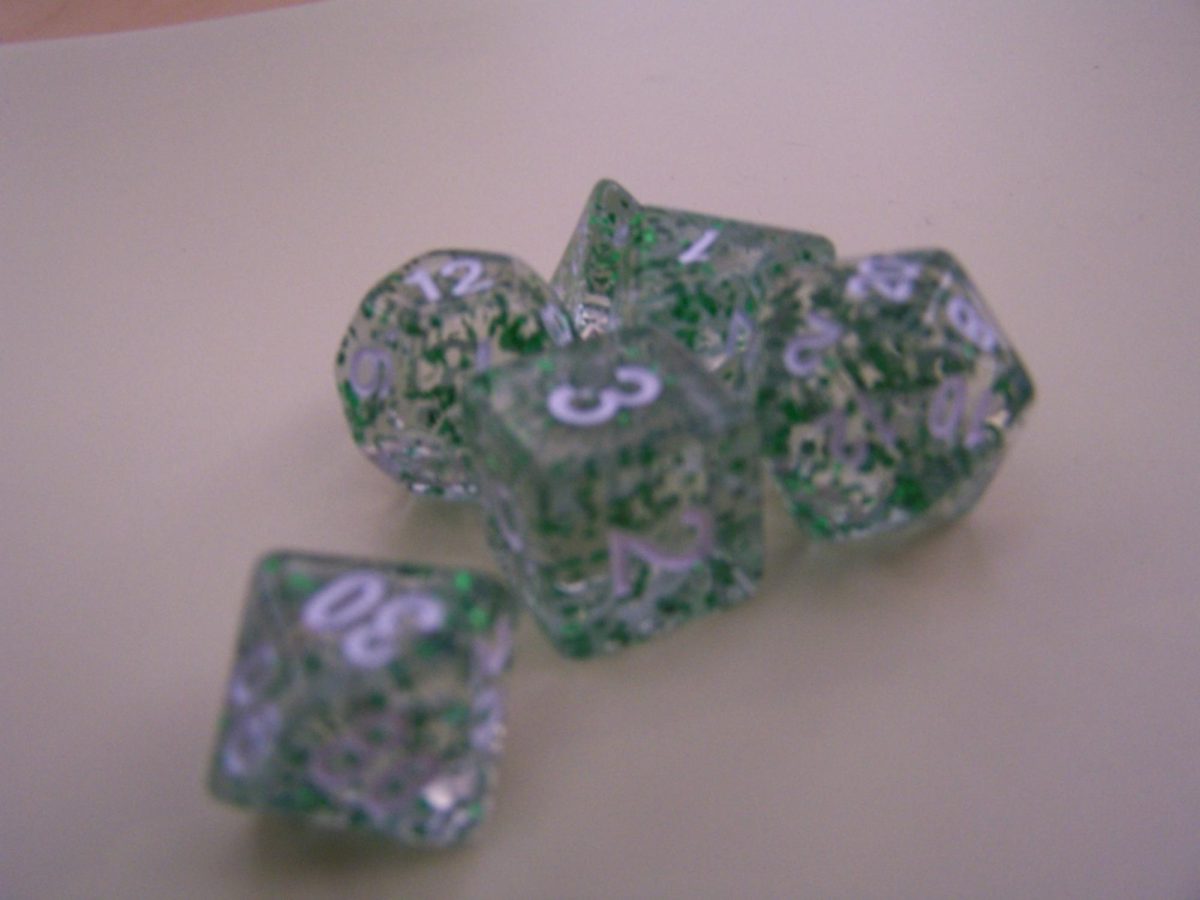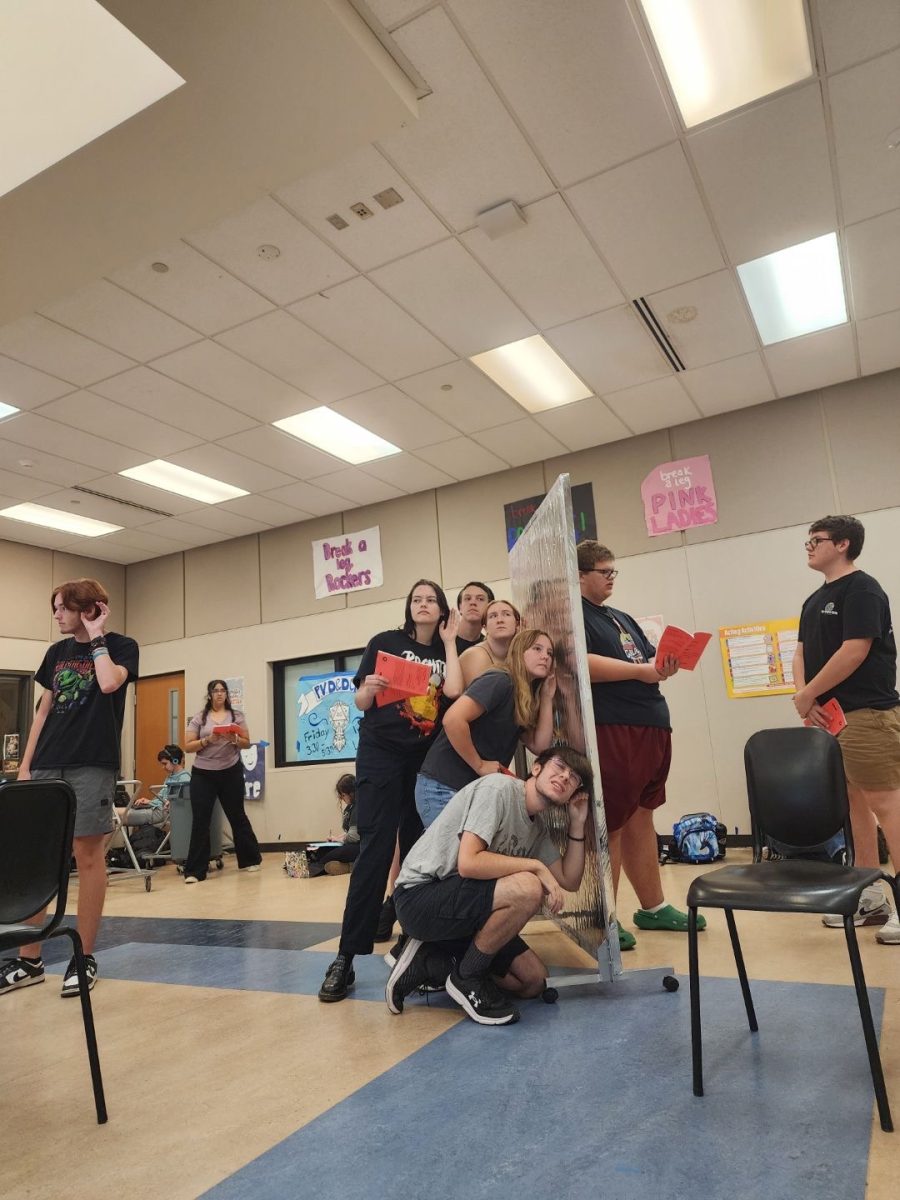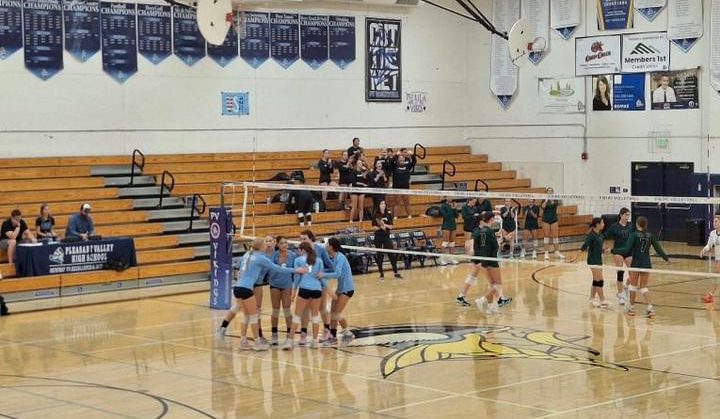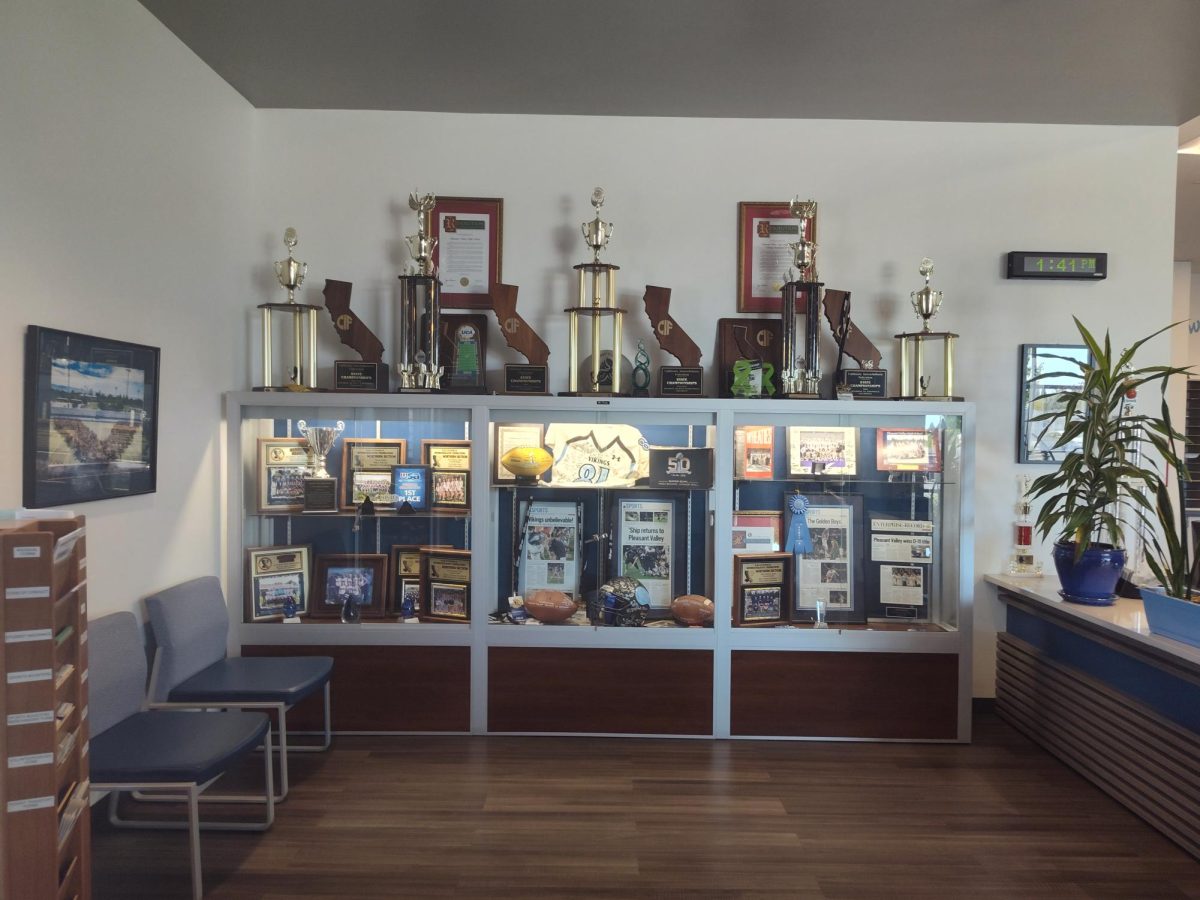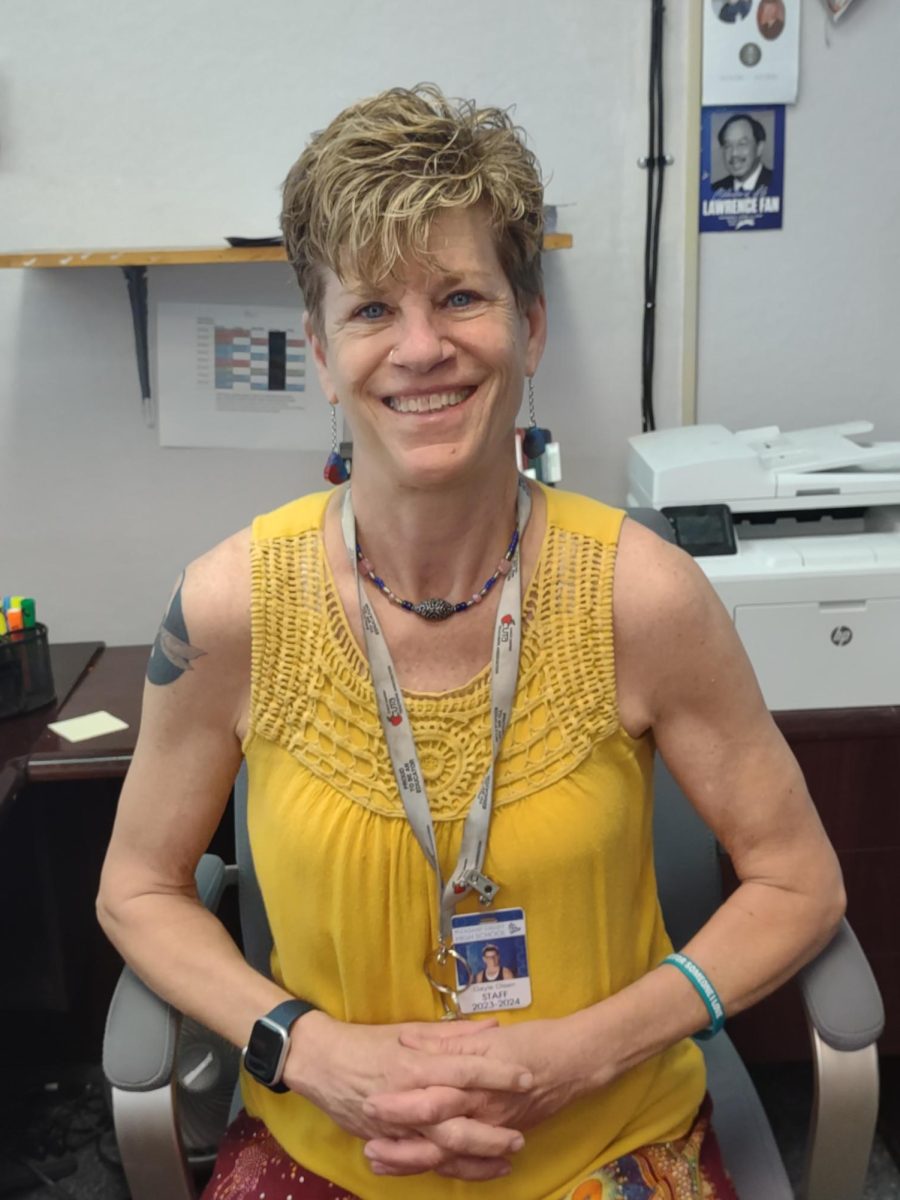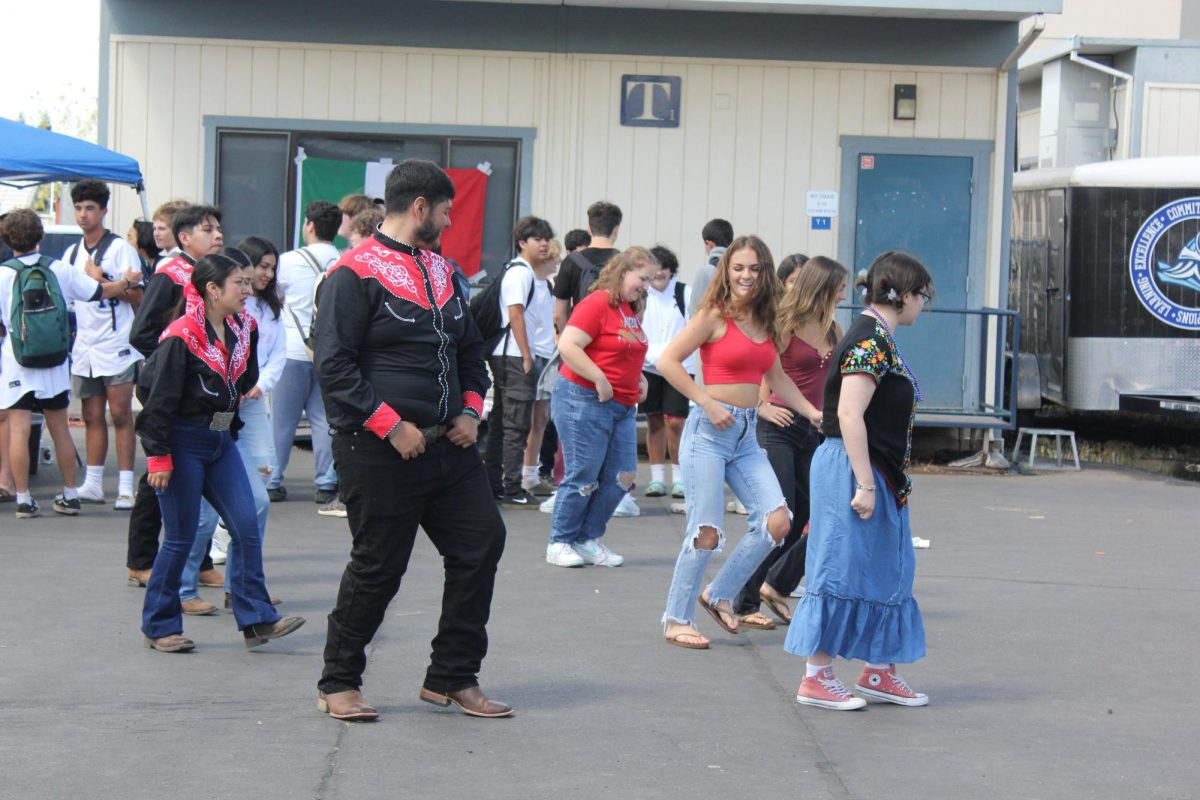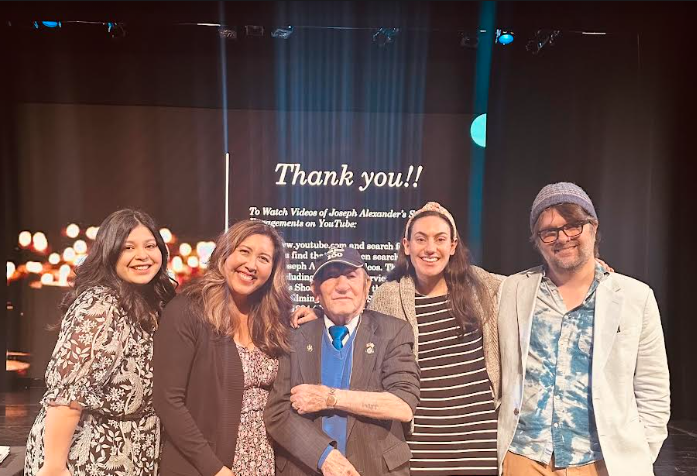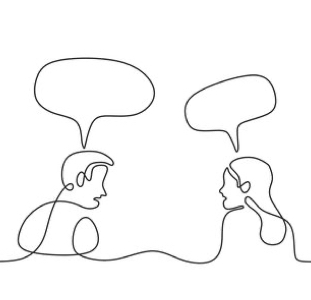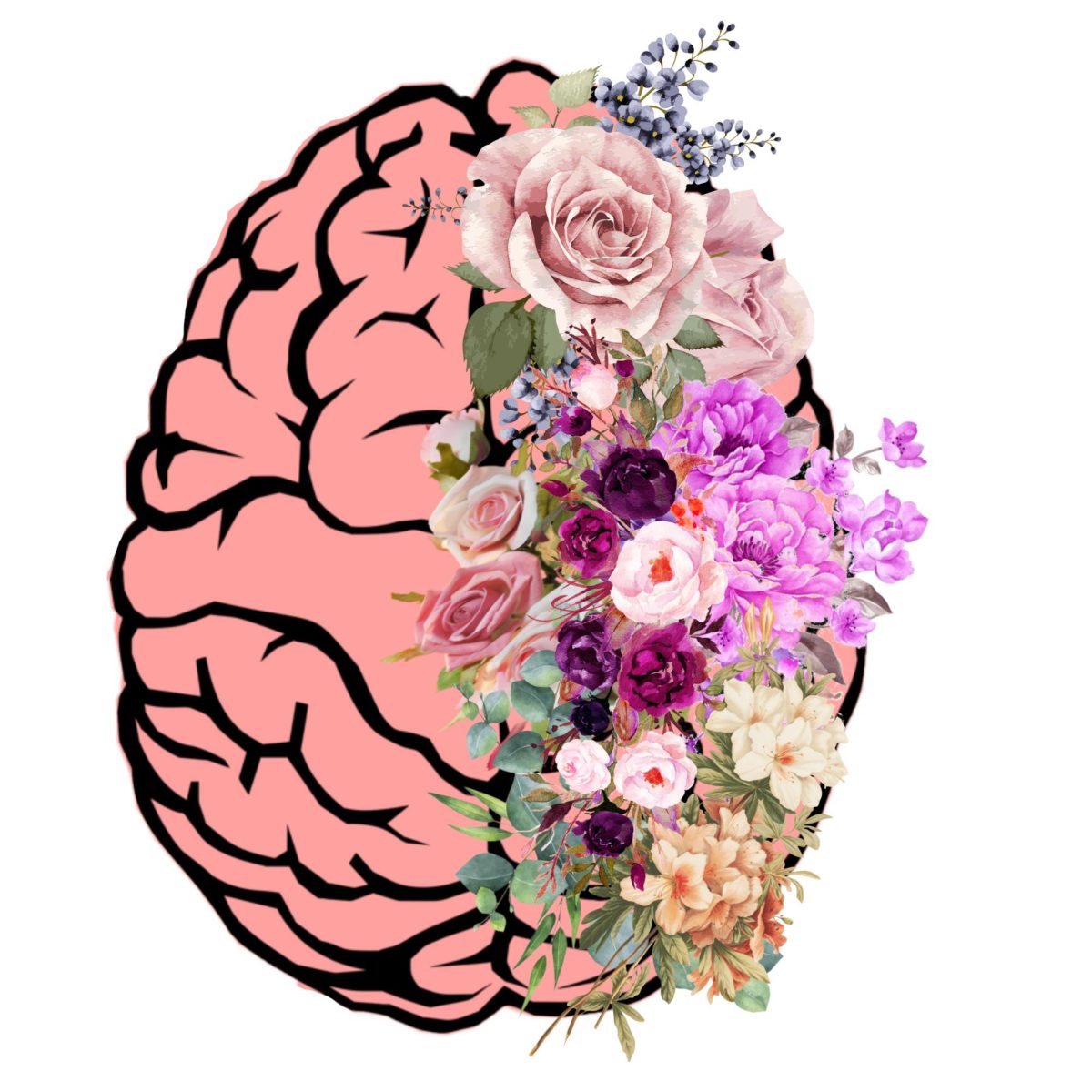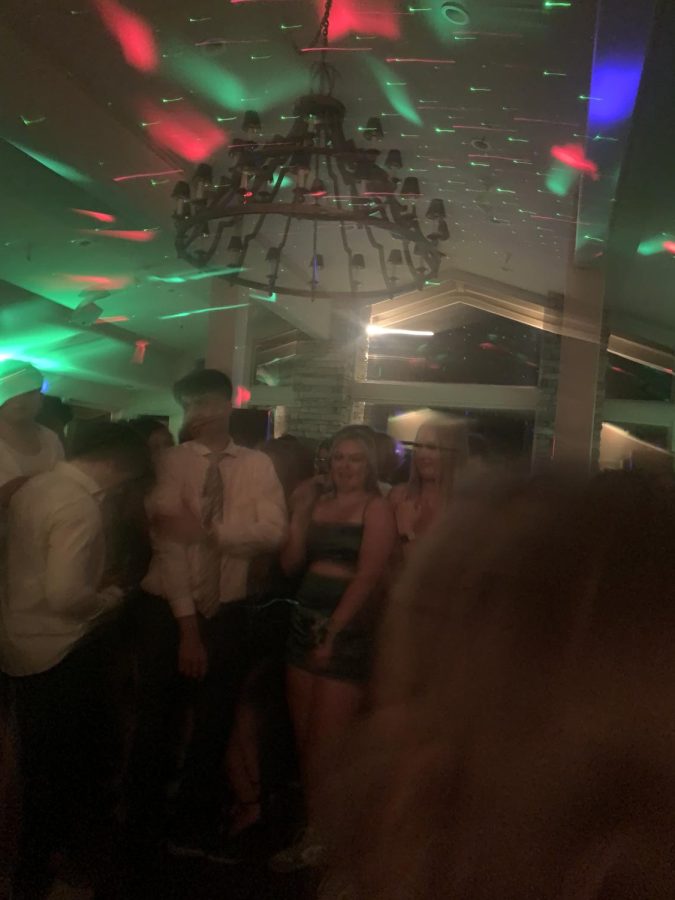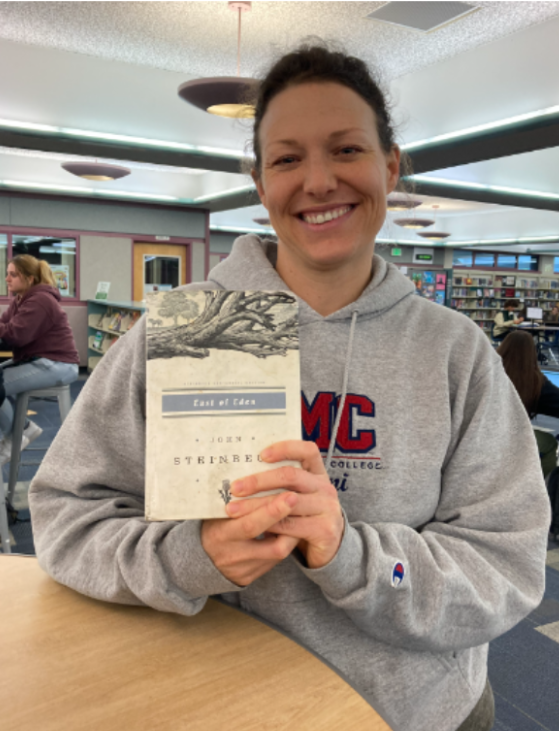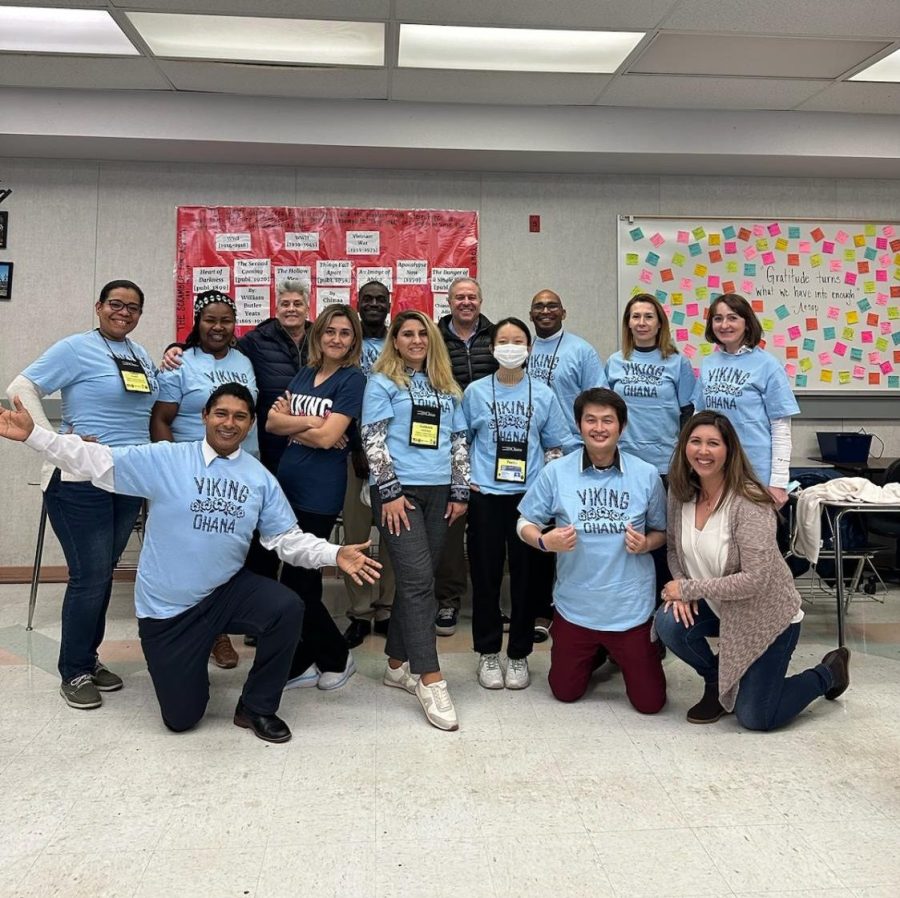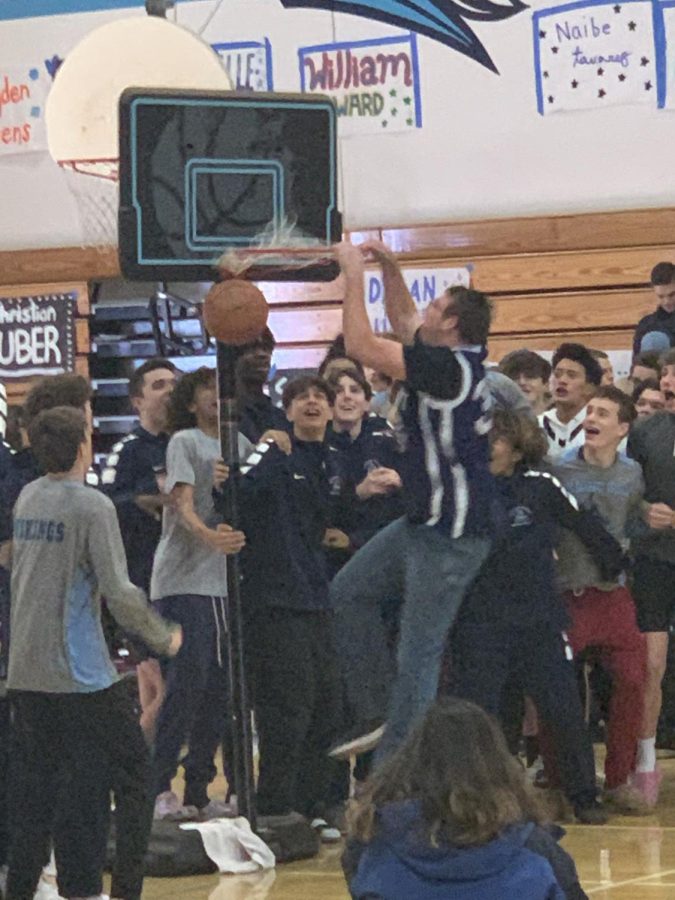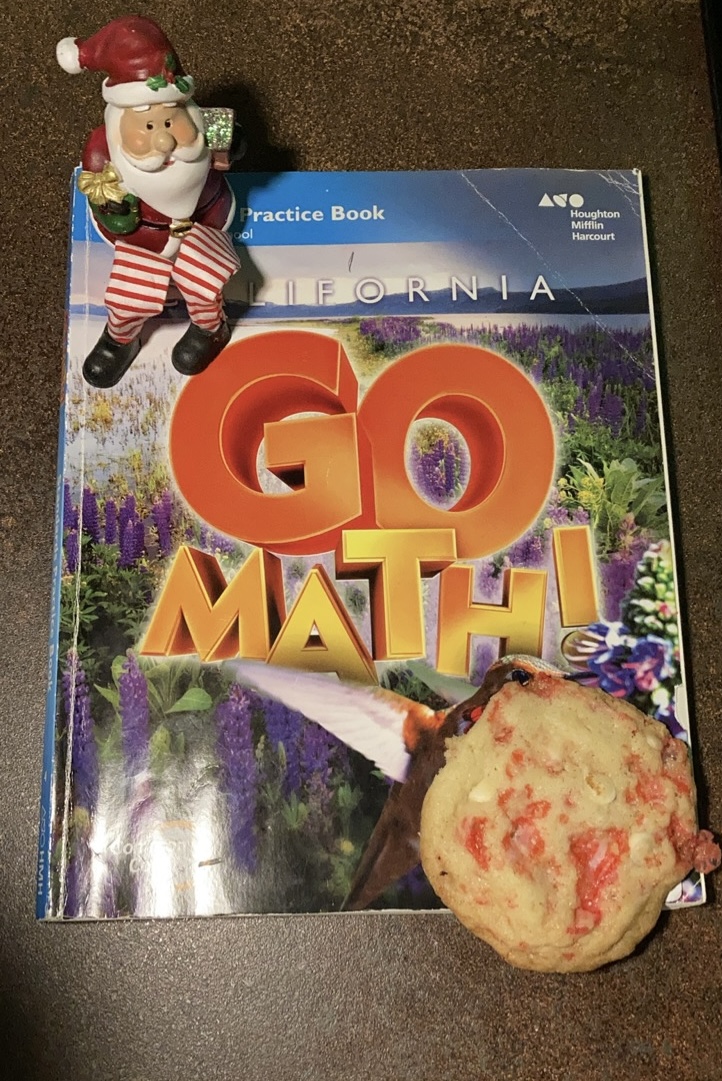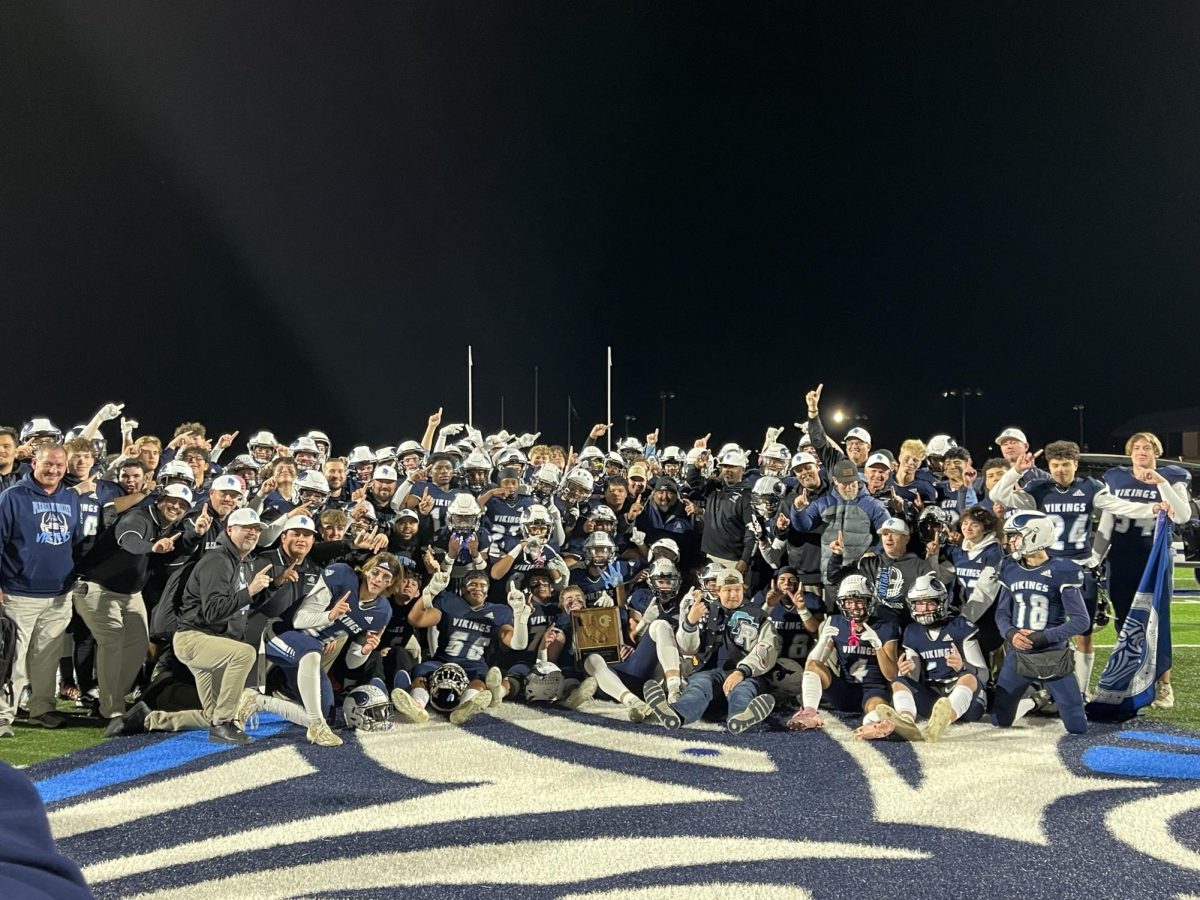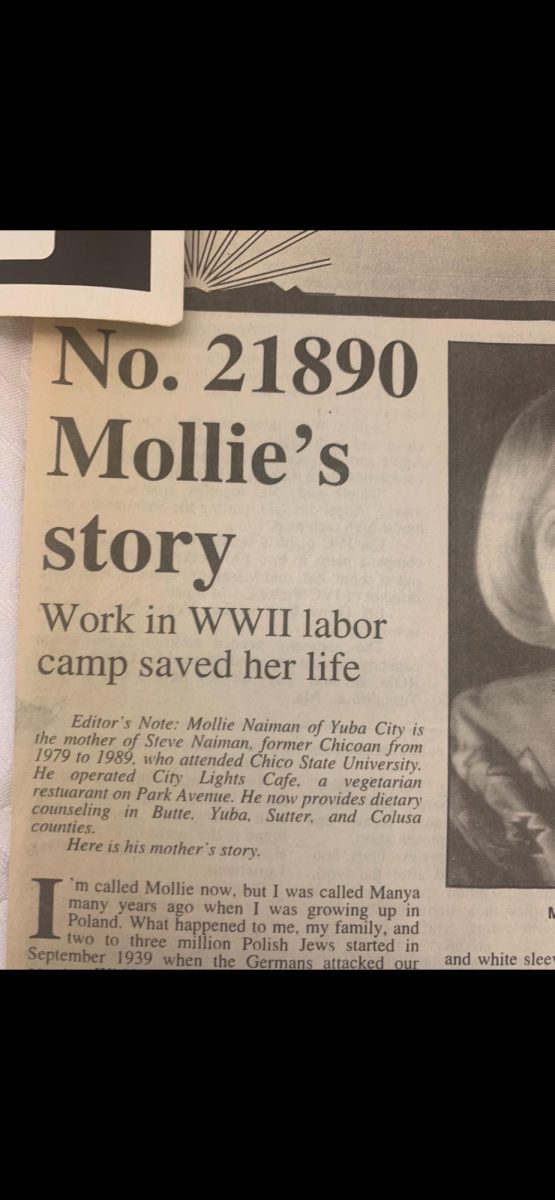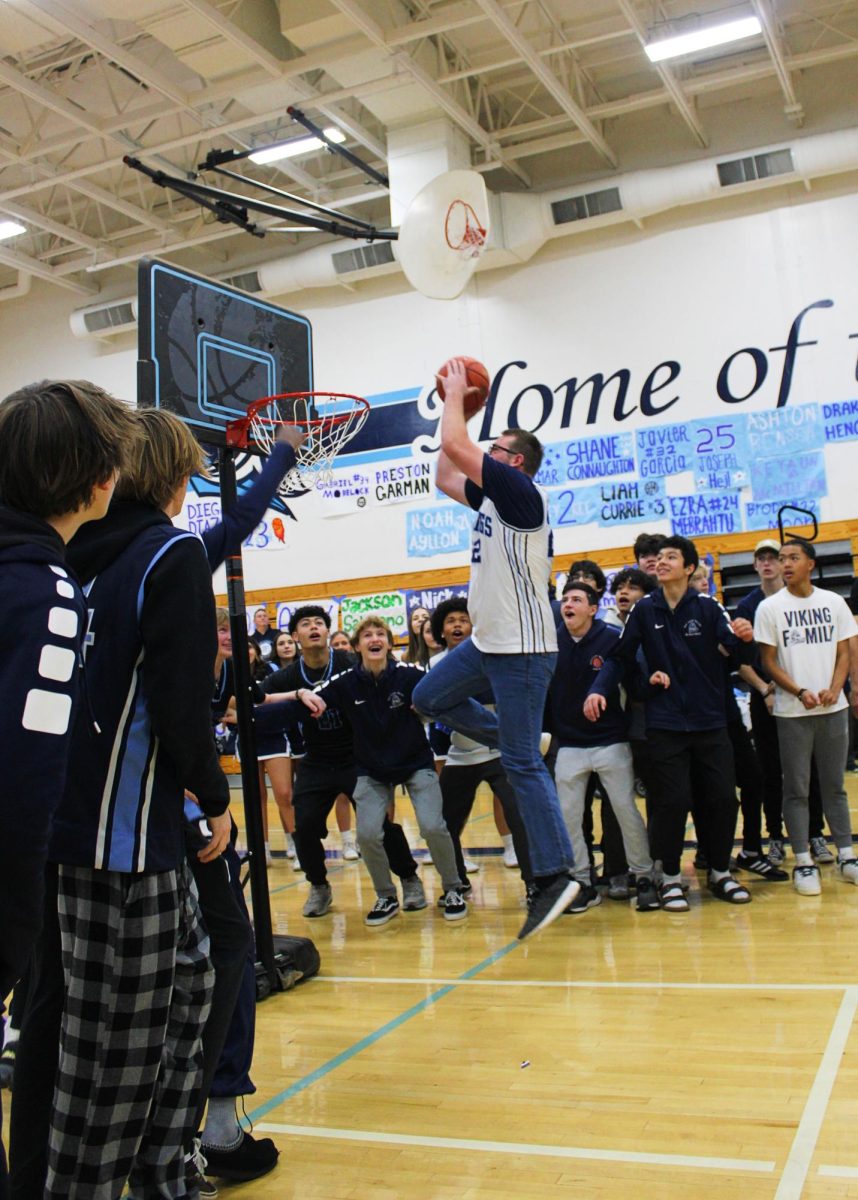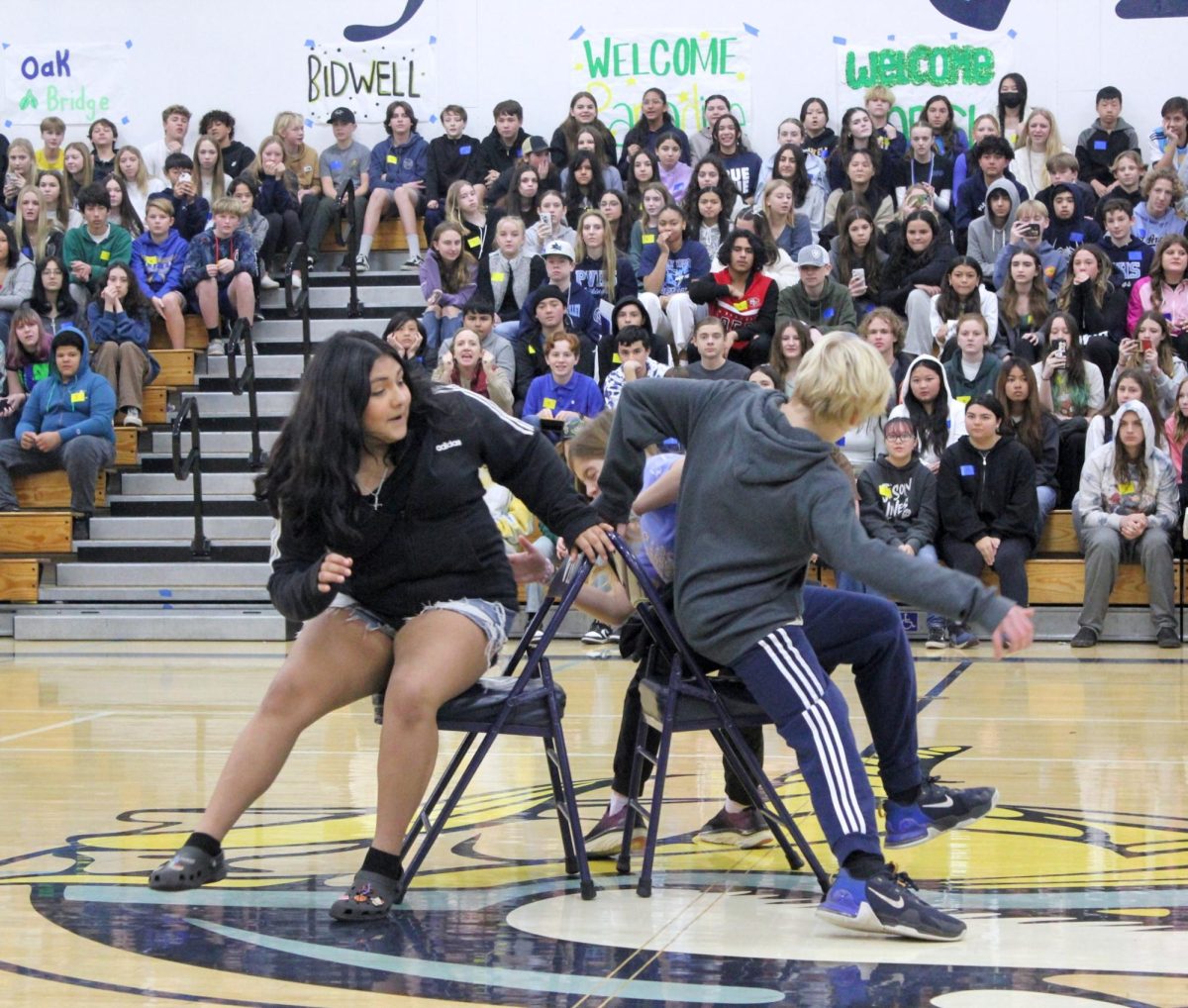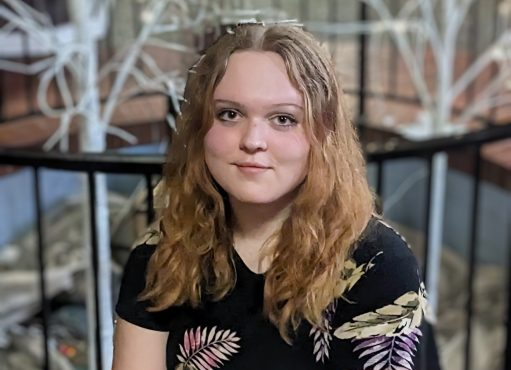The attacks on Israel by Hamas on October 7th and the war that goes on today has resparked a public debate, making many wonder, “why is this happening?”, and “who is in the wrong?” While much is incredibly subjective, one thing is certain; this conflict is not only incredibly nuanced, but ages old. From 1922-1947, during an era where anti-Jewish sentiments in Europe became increasingly common and dangerous, the Palestinian territory (still under UK administration after the collapse of the Ottoman Empire) became a destination for UK-supported Zionists, or European Jews who wanted to move back to a common homeland, and form their own nation. However, the rising tension between Palestinians, who had already been living there for a long time, and Zionists, led to increased amounts of conflict, until eventually, in 1948, the UK gave up its mandate, and departed from Palestine. That same year, there was the Arab-Israeli war, followed by the Palestinian fedayeen incursions and the retaliatory attacks during the 1950’s and 1960’s, the War of Attrition in the late 1960’s, and much more. So, although the current war is a hot topic of debate now, the conflict is not new, but rather incredibly complex and layered.
The war is twofold, costing human lives (over 15,200 Palestinians according to AP news and an updated estimate of 1,200 Israelis according to the New York Times, as of December 4th) as well as creating division amongst people in other areas of the world, from mobs in Russia storming an airport as a flight from Israel arrives, to everyday people across the world disagreeing with each other, and protests in support of both Palestine and Israel being led worldwide. To get a deeper understanding of the issue, PV staff gave their insights on the conflict. According to Ms. Parcell, a student teacher in the history department, something to keep in mind when it comes to our actions, especially as people in the United States, is how “what we do in the U.S. affects the relations in the middle east” ,“the biases our news sources may have”, and “what role our government plays in international relations”. She also recommended a book to me, titled “Side by Side: Parallel Histories of Israel-Palestine”, with a Palestinian and an Israeli author, which offers two different perspectives on their shared history.
Going forwards, the nuance of the problem is vital to keep in mind. Mr. Langford, another student teacher in the history department, compared problems like Hamas to the Hydra of Greek mythology, a creature that, for every head cut off, will grow two more. Building off of this, a good point made by Mrs. Monty, who talks about the conflict with her students in class, is that “there are rarely truly bad people in history”; rather, people react to the situations they’re in, and that “it’s important to look at why they do what they do.” When connecting that back to the Hydra metaphor given by Mr. Langford, it becomes easier to see how it is possible that the true conflict at hand is not merely the current war, but a historical struggle these groups of people have faced for hundreds of years, and that just defeating Hamas wouldn’t solve the underlying problems that led to Hamas’ creation, support, and rebellion.
Another important thing to keep in mind is the unfortunate fact that this isn’t a perfect world; while many hope for peace, and understandably so, it’s likely that no matter how this eventually ends, not everyone will be happy. In fact, many agree that one of the only guarantees for the future is its uncertainty; other than that, it is clear that whatever the result, this war defines an era and may be what our generation is known for decades later.
When talking about such a complex topic, the key is to keep in mind internal bias. Regardless of opinions, the practice of seeking out true and trustworthy information, being willing to listen to someone else’s opinion even if one doesn’t agree, and remembering that everyone is human, is all incredibly important.

